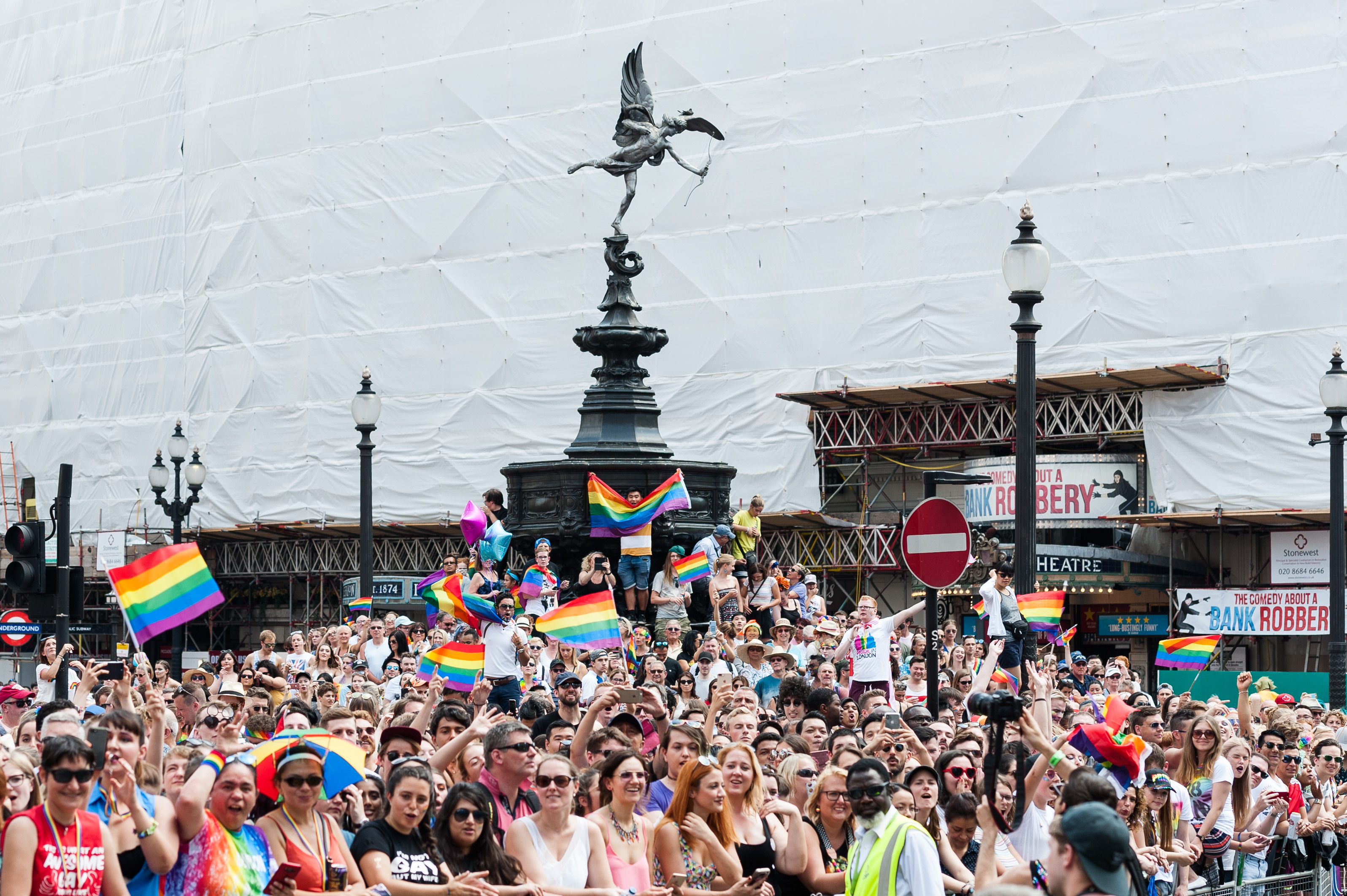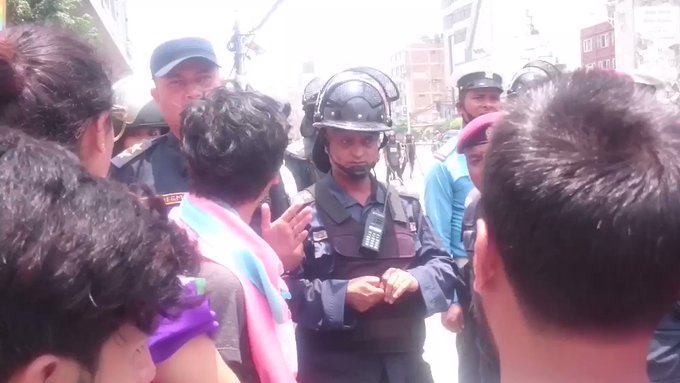The first Pride to be held in the Eurasian country of Georgia is taking place in its capital, Tbilisi, this week. Recent violence and threats against the organizers of Tbilisi Pride and their supporters have put the almost week-long series of events from June 18-23 at risk of being canceled.
On Monday, Georgia’s Ministry of Internal Affairs (MIA) met with Tbilisi Pride organizers and the country’s ombudswoman and asked that the event be canceled, an organizer told the Washington Blade. This meeting follows a weekend when organizers were threatened by hooligans and a Georgian millionaire began calling for groups to form against those who would participate in pride.
In defiance of the threats, organizers on Tuesday released a statement confirming they will continue to go ahead with the Pride schedule and calling on people in Georgia to attend to preserve a democratic system.
Tbilisi Pride is scheduled to include a conference and play and will end in a dignity march in the city’s center.
The government told Pride organizers last month they may not be able to provide the needed security that this weekend’s march would need. The discussion came after threats were received by the organizers on social media. After Pride was announced, far-right groups in Geogia began posting anti-LGBTI posts on Facebook, according to the Atlantic Council’s Digital Forensic Research Lab. This may have exasperated the already low acceptance of LGBTI people in the country.
“MIA representatives informed us that law enforcement agencies would not be defending LGBT community’s freedom of assembly due to what they see as increased risks and threats coming from radical groups,” Tbilisi Pride’s team said in May.
Georgian President Salome Zourabichvili said last week, “I am everyone’s president, regardless of [sexual orientation] or religious affiliation. No human should be discriminated against. I must also emphasize that our country is dealing with enough controversies and doesn’t need any further provocation from any side of the [LGBTQ] debate.”
Tbilisi Pride Co-founder Tamaz Sozashvili responded to the statement on Twitter, writing that it was a “shame” that Zourachichvili “says that our right to practice the right of [peaceful assembly] and organize [the] first-ever [Tbilisi Pride] is provocation!”
“How can [she] consider peaceful citizens and aggressive fundamentalists as equal sides?”
On June 14, LGBTI rights supporters attempted to gather in front of a government building to urge the Georgian government to guarantee protection to marchers at pride. A mob of anti-LGBTI protesters moved around the activists, trying to attack them through a police barricade and throwing eggs and other items at the activists. Georgian authorities said they detained 28 people who attempted to break through the barricade and get to the activists.
Levan Vasadze, a millionaire who is known to be close to the powerful Georgian Orthodox Church, has called for groups to prevent Pride. According to OC Media, Vasadze is a representative for the U.S.-based World Congress of Families, a Southern Poverty Law Center-designated hate group, in the country.
“We will organize ourselves into citizens’ brigades … and they will unite in a legion,” Vasadze said at a rally on June 16, local media reported. “Among us are lots of people with military experience, famous athletes, rugby players, wrestlers … if the propagandists of perversion attempt to hold some sort of demonstration, we will break through any police cordon.”
Vasadze also threatened Western diplomats to avoid involvement, according to Eurasianet.
In response to the comments by Vasadze, the Georgian government opened an investigation looking into the organizing of the anti-pride units.
The State Department told Voice of America it was concerned at the threats of violence against LGBTI people planning to attend Tbilisi Pride.
Writing in an op-ed, LGBTQ activist and Tbilisi Pride organizer Giorgi Tabagari said, “I see Tbilisi Pride as an opportunity to unite people against hatred, to stand up against inequality, and to send a message to everyone that we need to start doing something about our future.”
Organizers announced Tbilisi Pride in February. Last year, activists had to cancel events scheduled in Tbilisi after anti-LGBTQ groups threatened the rallies. In 2013, participants at a gathering against homophobia were forced to run after a group of priests and scores of anti-LGBTQ protestors surrounded them.
In its recent yearly benchmarking tool of LGBTI rights, international rights group ILGA-Europe ranked Georgia 30 percent out of 100.




